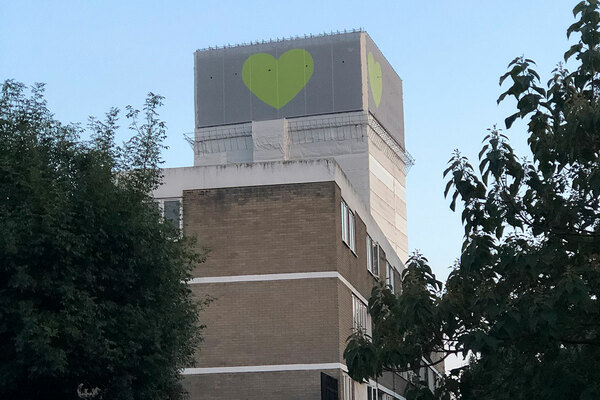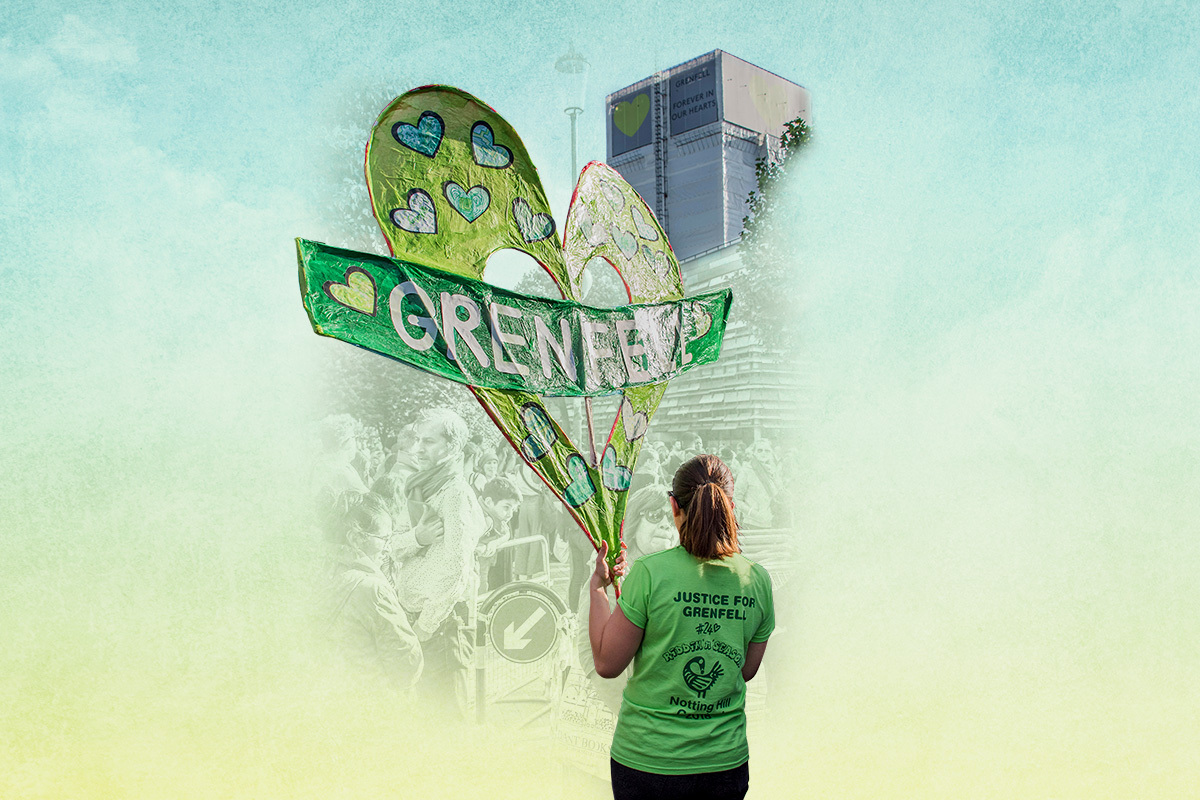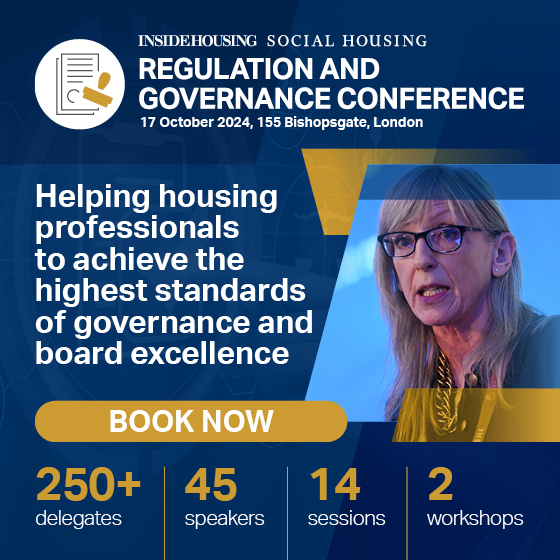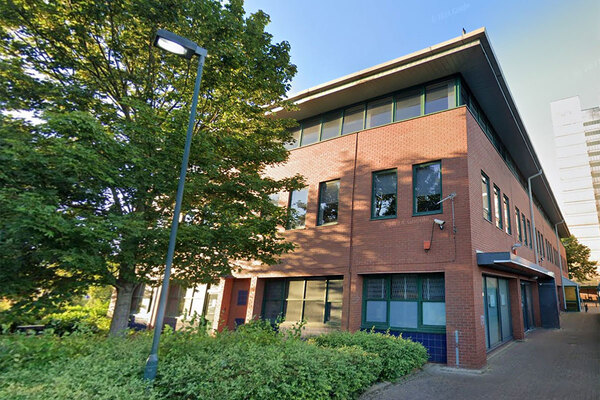Grenfell Inquiry report elects not to make specific recommendations for social housing providers
The Grenfell Tower Inquiry has made no fresh recommendations for social landlords in its long-awaited Phase 2 report, saying recent legal changes are sufficient to drive reform.
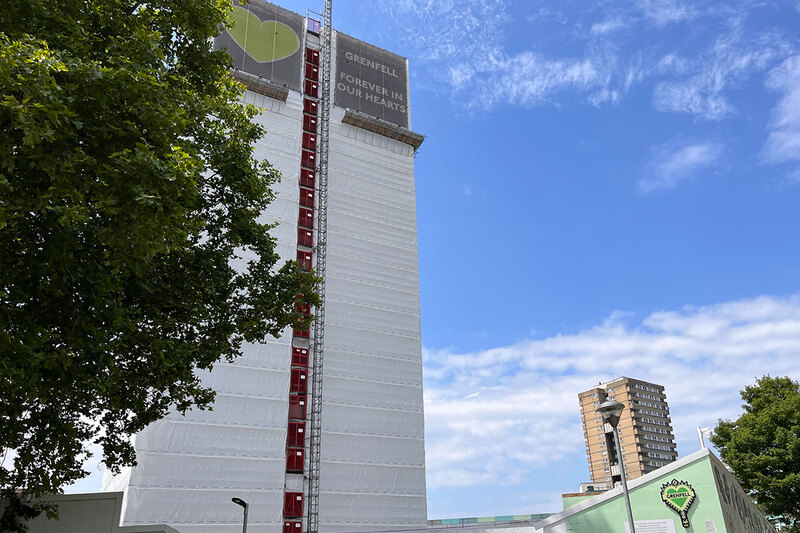
The report, published today, instructed councils and housing associations to “give careful consideration” to its criticism of the tenant management organisation (TMO) responsible for the tower at the time of the 2017 fire.
However, the inquiry concluded that it was not necessary to provide any additional recommendations for social housing providers in the wake of the Social Housing (Regulation) Act 2023, which placed new duties on landlords.
The 1,571-page Phase 2 report made 59 recommendations, many of which focused on the construction industry, which if enacted would bring sweeping change to the built environment and will impact social landlords, particularly those who build or manage high-rise buildings.
These recommendations include:
- The establishment of a single construction regulator to take control of overall regulation of the construction industry, including issuing construction products certificates
- An ‘urgent’ review of the definition of a higher-risk building, which takes into account factors such as vulnerability of residents, and not just the 18-metre height threshold that exists currently
- Fire safety functions currently delivered by the Home Office, Ministry of Housing, Communities and Local Government (MHCLG) and the Department for Business and Trade to be brought into one department and under one secretary of state
- A chief construction advisor with sufficient budget and staff to provide advice on matters affecting the construction industry
- A review of Approved Document B – the building regulations guidance covering fire safety – and a revised version as soon as possible. This should include a reconsideration of the total reliance on ‘stay put’ advice
- That product manufacturers provide all relevant test results that support fire safety claims, and a full history of tests – including failures – is included in product certificates
- The fire engineering profession be recognised and protected by law, with an independent body set up to regulate it
- A licensing scheme for principal contractors wishing to undertake the construction or refurbishment of higher-risk buildings
- A review of building control functions, which considers whether it is appropriate for private sector firms to operate in this space, and whether all building control work should be carried out by a national authority rather than local government
- Government should maintain a publicly accessible record of recommendations made by public inquiries with a description of the steps taken in response, and report annually to parliament. If the government does not accept a recommendation, it should record its reasons for doing so
- Councils should find ways to gather information about displaced and missing people and draw up contingency plans to place people in temporary accommodation at short notice, taking account of their personal, religious and cultural requirements and immediate financial assistance
However, inquiry chair Sir Martin Moore-Bick and his panel members mostly refrained from commenting on the wider state of the social housing sector, instead choosing to scrutinise the way Kensington and Chelsea Tenant Management Organisation (KCTMO) carried out its responsibilities in the run-up to the fire that killed 72 people.
Part 4 and Part 5 of the report made “a number of criticisms” of the TMO, including in relation to handling complaints, remedying defects identified in fire risk assessments, installing and maintaining fire protection systems and routine inspection and maintenance of fire doors.
“In other circumstances, shortcomings of those kinds would probably have led us to make a number of recommendations directed to ensuring that they were rectified and not repeated,” the report read.
“However, since the fire, parliament has enacted the Social Housing (Regulation) Act 2023, which enables the Regulator of Social Housing to play a more active role in setting appropriate standards and ensuring that they are met.”
The report noted that under the new legislation, the regulator has the power to set standards on the competence and conduct of social housing management professionals and to require providers to make information available both to tenants and the regulator.
According to the inquiry, the act also “makes safety a priority” and “imposes a duty on landlords to investigate and remedy within a specified time of being reported defects that may adversely affect health”, the report added. The Labour government has said it will press on with the implementation of this duty, known as ‘Awaab’s Law’, and extend it to the private rented sector.
The report concluded: “In those circumstances, we do not consider it necessary to make any additional recommendations in relation to the matters that we have uncovered.”
KCTMO was criticised both for allowing its relationship with Grenfell residents to become “toxic” and for paying “insufficient attention” to fire safety during the renovation of the tower.
A fire safety strategy had still not been approved by the time of the fire, and the TMO “failed to take sufficient care” in its choice of architect and to examine the work of the fire engineer.
From 2011 to 2017, the report continued, “relations between the TMO and many of the residents were increasingly characterised by distrust, dislike, personal antagonism and anger”.
“Some, perhaps many, occupants of the tower regarded the TMO as an uncaring and bullying overlord that belittled and marginalised them, regarded them as a nuisance, or worse, and failed to take their concerns seriously,” it added.
All Inside Housing’s breaking stories on the Grenfell Inquiry Phase 2 report
KCTMO responsible for ‘chronic and systemic’ safety failings before Grenfell fire, inquiry concludes
Grenfell’s social housing provider was responsible for “chronic and systemic failings” in fire safety management, as well as a “toxic” relationship with the tower’s residents, who came to regard it as an “uncaring and bullying overlord that belittled and marginalised them”
Failed by ‘incompetence, calculated dishonesty, and greed’: reactions to Grenfell Tower Inquiry report
Inside Housing is highlighting responses to the second and final Grenfell Tower Inquiry report
The Grenfell Tower Inquiry report may not have made recommendations to social landlords, but it is still a major call for change
Today’s Grenfell Tower Inquiry report surprisingly stopped short of making recommendations for social housing providers. But it did ask them to read it and reflect. This is homework which should be taken seriously, writes Peter Apps
Grenfell Inquiry report elects not to make specific recommendations for social housing providers
The Grenfell Tower Inquiry has made no fresh recommendations for social landlords in its long-awaited Phase 2 report, saying recent legal changes are sufficient to drive reform
‘Complacent’ government ‘well aware’ of cladding risks before Grenfell fire but ‘failed to act’
A “poorly run”, “complacent” and “defensive” government department “failed to act on what it knew” about dangerous cladding in the years before Grenfell, amid an enthusiasm for deregulation which “dominated” its thinking
‘Systematic dishonesty’ by product manufacturers ‘very significant reason’ for Grenfell’s deadly cladding, inquiry concludes
“Systematic dishonesty” by product manufacturers was a “very significant reason” why Grenfell Tower was clad in such dangerous materials, the inquiry report into the fire has concluded
Social landlords must be ‘held to account’ for safety of homes, prime minister says
Sir Keir Starmer has pledged to make sure social landlords are “held to account” for the safety of the homes they provide, in a statement following the publication of the Grenfell Tower Inquiry’s second and final report
Sign up for our fire safety newsletter
Already have an account? Click here to manage your newsletters
Sign up to the Regulation and Governance Conference 2024
At a time of major regulatory change, the Regulation and Governance Conference is designed to give board members and governance and risk professionals the insight they need to plan and prioritise effectively.
Join more than 250 delegates and 45 speakers to confidently navigate the change ahead and ensure you have the right governance structures and assurance frameworks to keep tenants safe and run a viable business.
